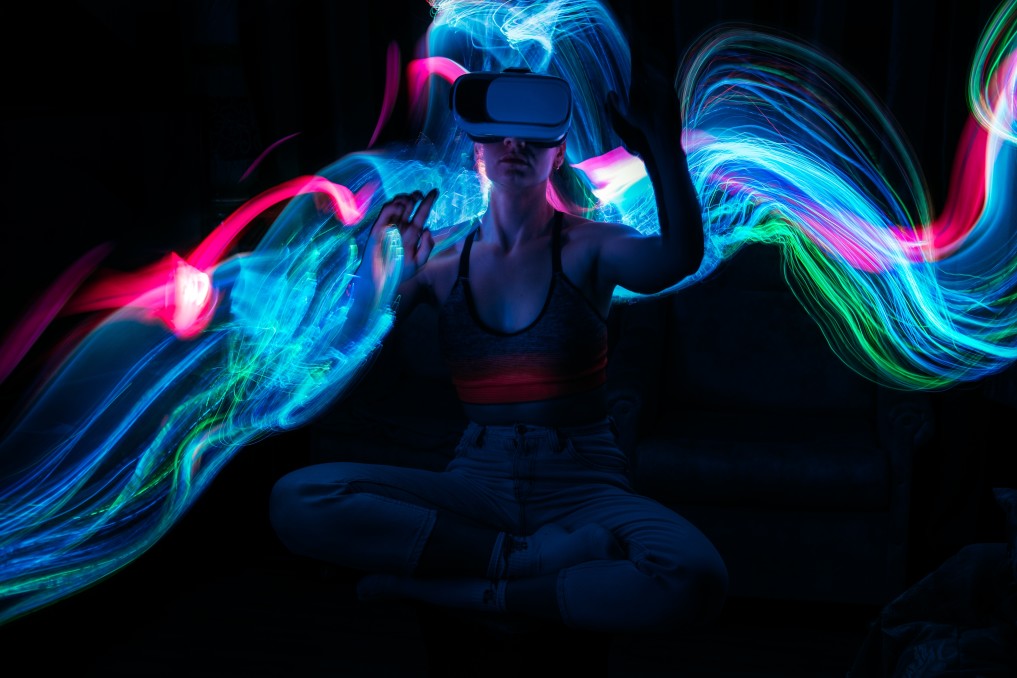
Effects of VR on Your Eyes and Brain
Regular VR users know that different VR apps require different levels. Some people can go hours without feeling sick while others can be fully immersed in VR for days without any symptoms. The key is to listen to your body and take breaks when you need them. If your eyes get tired or your hands start to sweat, it’s probably time to step out of VR and come back to the physical world.
The effects of VR on your eyes
Although VR might sound like a great idea for learning and entertainment, the effects on your eyes can be less enjoyable than it sounds. Although it isn’t permanent the effects can be uncomfortable for your brain and eyes. VR isn’t the only culprit. Digital eye strain can also be caused by other technologies. Here are some tips to avoid eye strain while using VR. Wear glasses that can help you avoid eye strain when using VR.

VR games require that you take frequent breaks and not only focus on the screen. Taking breaks to stretch your eyesight every hour is a good way to keep your vision healthy. You can also look out of the window or go for a walk. Another adaptation is the SightPlus gadget. It projects a video of the real world into the working part of your retina.
Effects of VR in your brain
Researchers have shown that virtual reality experiences can be easily adapted by the brain. Participants can lose spatial awareness in as little as 30 minutes. The virtual environment is safe but there are physical dangers. For example, people could punch you in the face. Hence, it is important to know how long you can use VR without any negative consequences. Here are some facts you should know about the effects VR has on your brain.
VR is designed to make it difficult for the brain to distinguish reality from simulation. This in turn causes some users to experience motion sickness. Some people experience more severe side effects. VR can also cause a decrease in the production serotonin, which is involved in mood regulation. Anxiety disorders affect approximately 40 million Americans. These symptoms are not always bad. It is possible that VR can help you overcome certain phobias.
The effects of VR on your body
One of the most common questions posed about the effects of VR is, “what happens to your body after a day of doing it?” For starters, VR causes motion sickness. Your brain can confuse reality with what you see in virtual worlds. VR can cause nausea and anxiety. But don’t worry: these side effects will eventually pass.
While it’s impossible to fully avoid VR’s potential for injury, it’s essential to make sure you are aware of the risks. VR can trigger epileptic episodes in predisposed individuals. VR is best treated as a game, so it’s a good idea to take breaks for water and breather. Due to motion sickness and the fast-paced nature of the games, nausea can occur.
The Effects of VR on Your Ears
In addition to the disorientation you feel when playing VR, the virtual environment may also disturb your equilibrium. Because the VR image is very different from real life, your eyes will have to move differently in order to stabilize the VR image on your retina. This may make you feel dizzy, nauseous or even suffer from “sim sickness”.